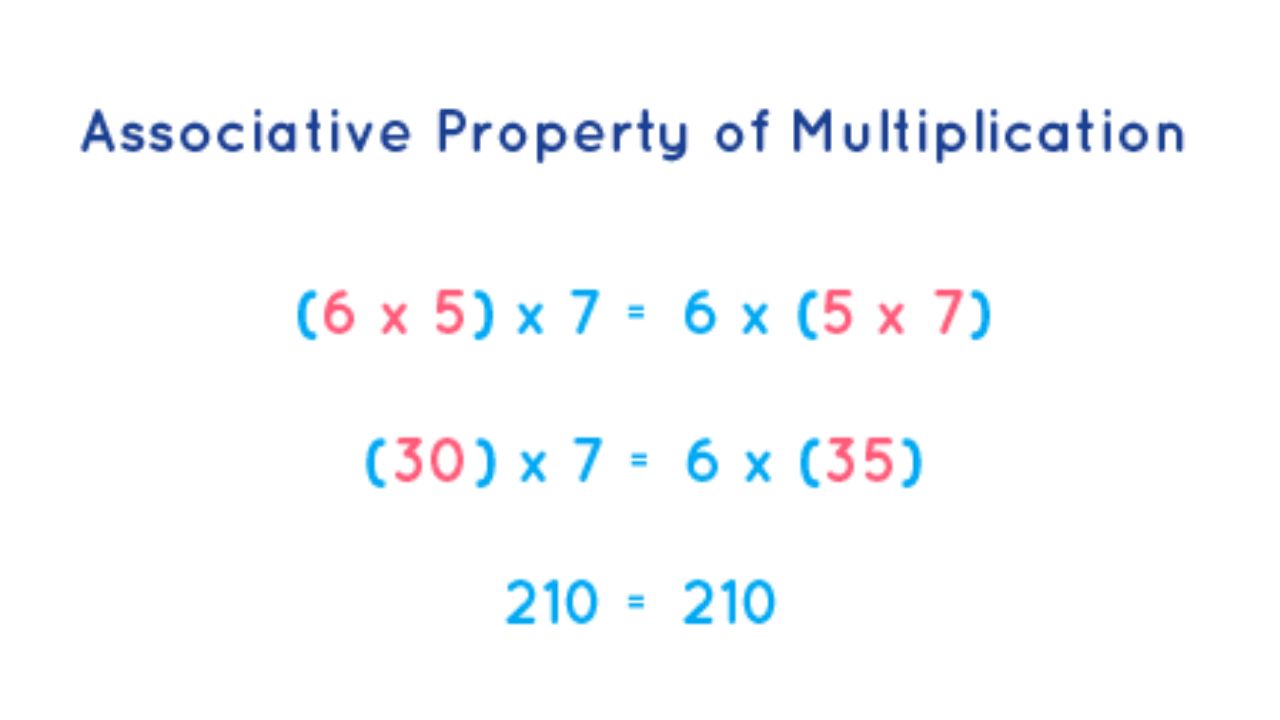Differences and Similarities Where Money and Spirituality Mix

There are many ways in which money and spirituality can intersect or overlap. Here are a few examples:
- Giving to charity or supporting causes that align with one’s spiritual values can be a way of expressing one’s spirituality through the use of money.
- Some spiritual traditions encourage living a simple or minimalist lifestyle, which may involve being mindful of one’s spending and consuming habits.
- Some people may view their work as a spiritual practice, and may see earning a living as a way to fulfill their spiritual purpose or to contribute to the greater good.
- Some spiritual traditions view the accumulation of wealth as a source of temptation or as a hindrance to spiritual growth and may encourage their practitioners to be generous with their resources or to use them wisely in service of others.
- There may be specific spiritual practices or rituals that involve the use of money, such as offering donations to a temple or shrine or participating in ceremonies that involve the exchange of money or other material offerings.
Overall, the relationship between money and spirituality can vary greatly depending on an individual’s beliefs and practices and may involve a range of different attitudes and approaches to the use of financial resources.

Difference between Money and Spirituality
Money and spirituality are two distinct concepts that can intersect or overlap in various ways, but they are also distinct in their own right. Here are some key differences between money and spirituality:
- Definition: Money is a medium of exchange that is used to facilitate transactions and the exchange of goods and services. It is a tangible or intangible representation of value. Spirituality, on the other hand, is the belief in a higher power or higher purpose and may involve the pursuit of personal growth, self-improvement, or a connection with something greater than oneself.
- Purpose: Money is primarily used as a means of exchange or as a way to store wealth. Spirituality, on the other hand, may serve a variety of purposes depending on an individual’s beliefs and practices, including personal growth, self-improvement, and connection with a higher power.
- Value: The value of money is often determined by economic factors such as supply and demand, and may fluctuate over time. Spirituality, on the other hand, may have personal or intrinsic value to an individual, regardless of any external factors.
- Origins: Money has a long history and has evolved over time, with various forms of currency being used in different societies and cultures. Spirituality, on the other hand, is a deeply personal concept that is often shaped by an individual’s experiences, beliefs, and cultural or social context.
Overall, while money and spirituality may intersect or overlap in various ways, they are distinct concepts that serve different purposes and may have different meanings and values for different people.
Similarities between Money and Spirituality
While money and spirituality are distinct concepts that serve different purposes, they can also intersect or overlap in various ways. Here are a few possible similarities between money and spirituality:
- Both money and spirituality may involve the pursuit of personal growth or self-improvement. For example, managing one’s financial resources responsibly may involve setting and working towards financial goals, and may require discipline and self-control. Similarly, spiritual practices may involve personal reflection, self-inquiry, or the pursuit of self-improvement.
- Both money and spirituality may be used as a means of exchange or a way to contribute to the greater good. For example, using money to support charitable causes or to help others may align with one’s spiritual values, and may be seen as a way of expressing one’s spirituality through action.
- Both money and spirituality may involve a sense of purpose or meaning. For some people, their work or career may be a source of meaning and purpose and may be viewed as a way to fulfill their spiritual purpose or to contribute to the greater good. Similarly, spirituality may be a source of meaning and purpose and may involve the pursuit of a higher purpose or connection with something greater than oneself.
- Both money and spirituality may involve ethical or moral considerations. For example, managing one’s financial resources responsibly may involve being mindful of one’s spending and consuming habits, and may require making choices that align with one’s values. Similarly, spirituality may involve ethical or moral principles and may require making choices that are consistent with one’s spiritual beliefs.
Overall, while money and spirituality are distinct concepts, they can intersect or overlap in various ways, and may involve shared themes or concerns such as personal growth, purpose, and ethical or moral considerations.







One Comment